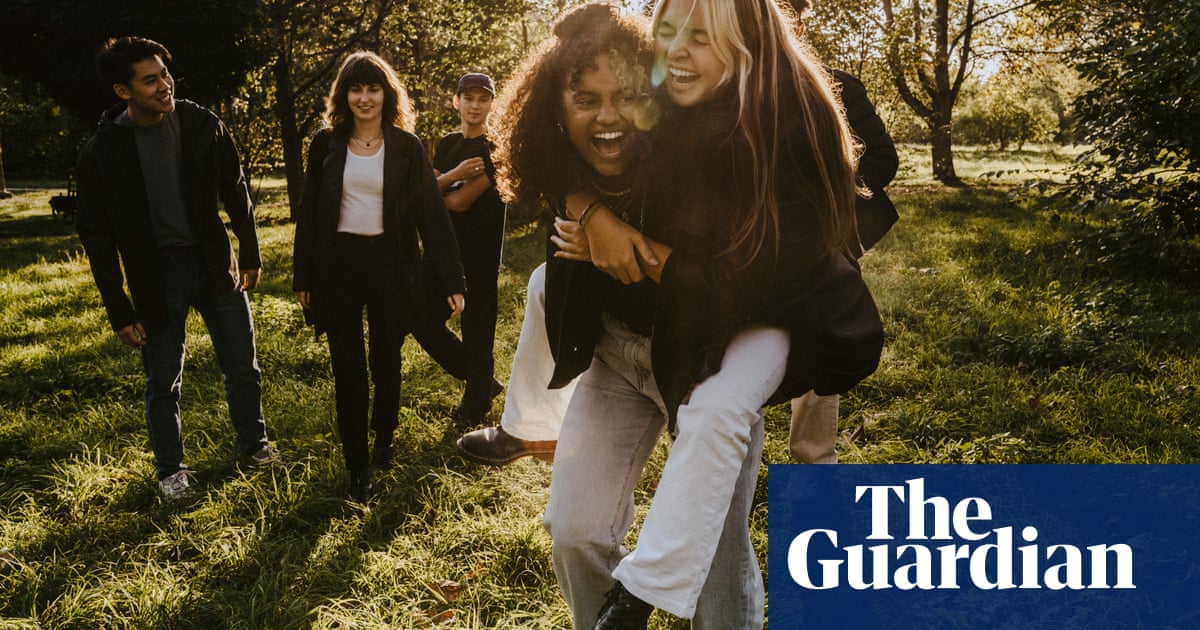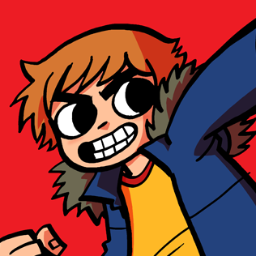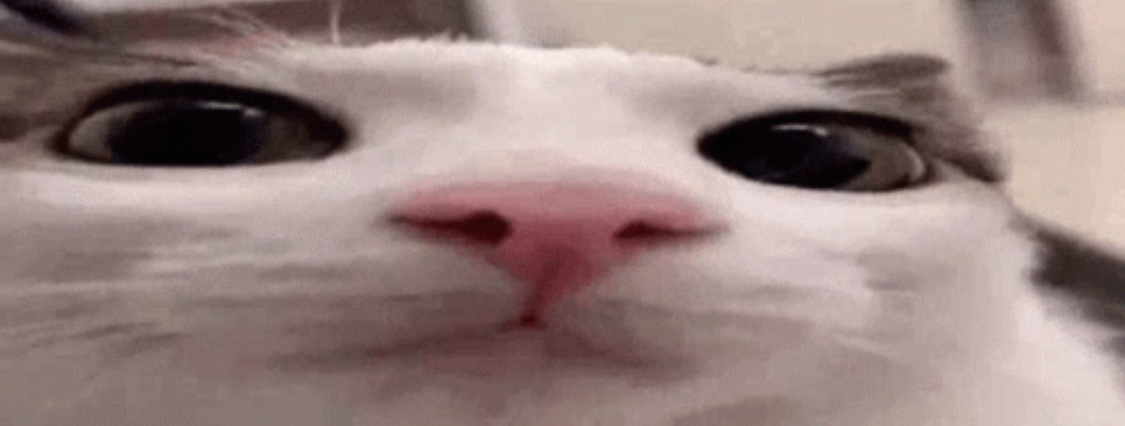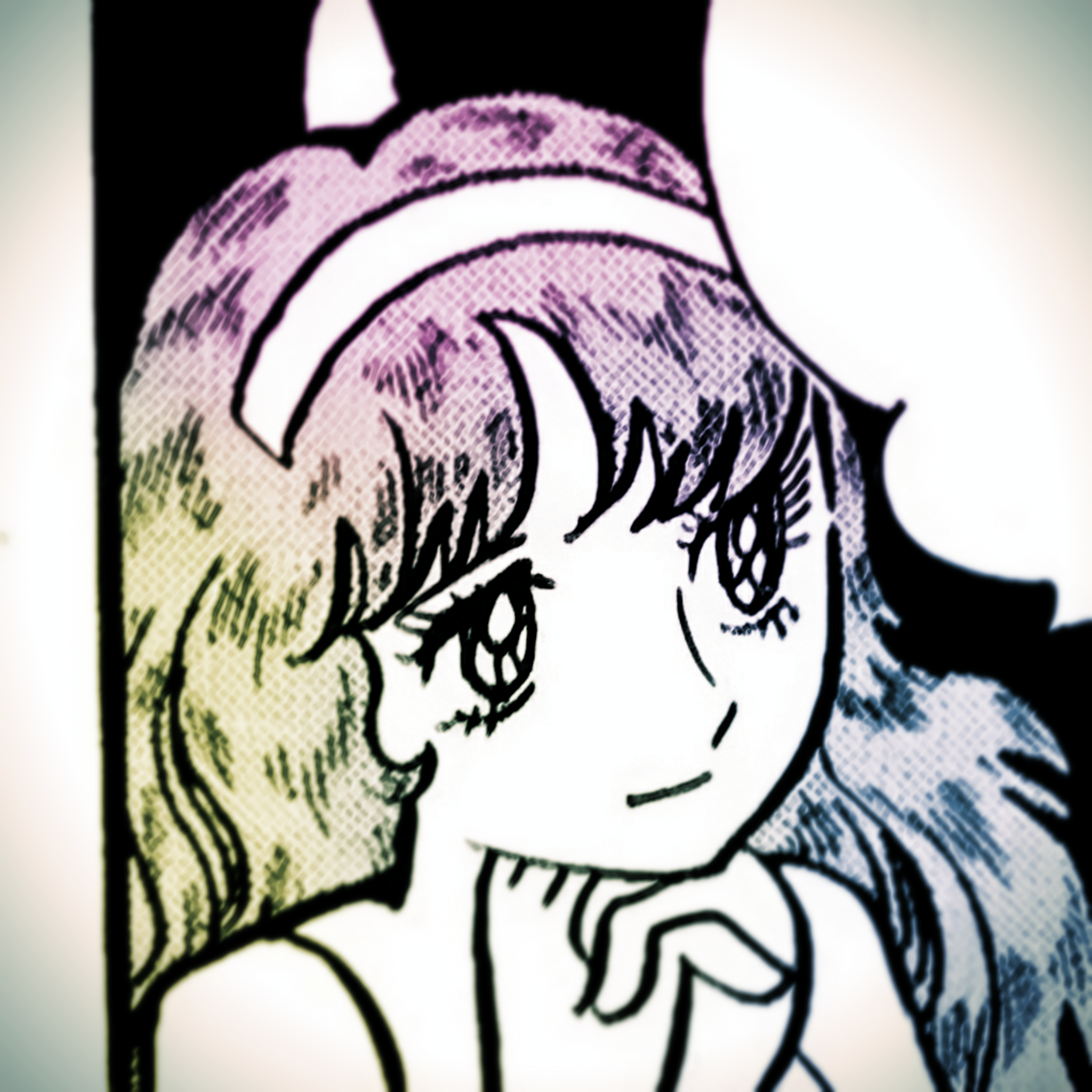Well that’s just what happens when people are able to be themselves
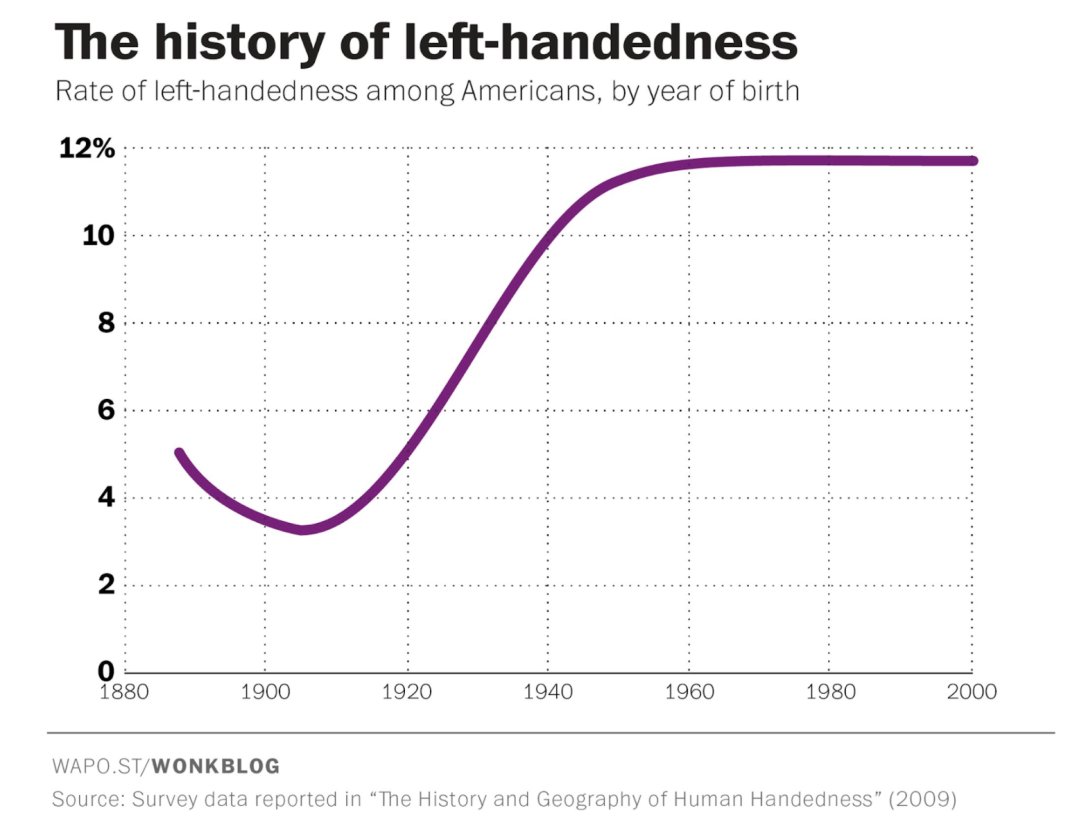
What happened in the early 1900s?
They tried to beat it out of children.
deleted by creator
It was a sign of the devil. Hence the term sinister.
deleted by creator
FFS…
Just like they did with queer people much more recently! It didn’t work either time.
When will people learn to stop being shitty to each other…? :-(
…when we beat it out of them…? /s
Lmao!
Yep I instantly remembered that graph.
The fact that a lot of older people are also coming out shows that it isn’t just zoomers either like some people try to allege.
This is the first thing that came to mind when I saw this thread.
I’m not surprised. When society moves towards a more welcoming environment for LGBTQ+ people, fewer LGBTQ+people feel the need to hide their identity. We always existed, we’re just becoming more visible now.
And, as less stigma exists surrounding the queer experience, more people are open to exploring that aspect of themselves without feeling pressured into it. The option to look and think about ones own identity is a lot more available, and it means people who may have gone their entire lives without knowing what was off now have the opportunity to discover their own truth.
deleted by creator
Or rather, 7% of people in the UK felt safe and supported enough to be open about their identities. Makes it sound like queer people popping into existence out of thin air
deleted by creator
Interesting that it says “rates moving into and out of heterosexuality are comparable”. So roughly as many people are coming out as gay as people are un-coming out. I’d like to see more data surrounding the latter.
I’ve read that most people who de-transition do so because of experiencing and/or internalizing transphobia, and that many of them end up re-transitioning again later when their circumstances or living situation is better.
I wonder if a similar type of thing still happens a lot to gay and bi folks? Coming out, getting pushed back into the closet by family and society writ large, then probably eventually coming out again later? I mean, I know it must happen - especially in a world where conversion ‘therapy’ is still, somehow, legal in a lot of places - but I wonder if it’s more common than I thought.
I wonder if a similar type of thing still happens a lot to gay and bi folks? Coming out, getting pushed back into the closet by family and society writ large, then probably eventually coming out again later?
oh probably yeah. to a lesser extent i think there’s also an increasing acceptance of sexuality as a non-rigid state of being, where sometimes your understanding and labeling of it change which can explain parts of this.
Yeah, that too for sure. Gender also is starting to be viewed in a less rigid way, and as something that can sometimes change or be described differently at different times, similarly.
I’m ace but not aro, so I never know quite what to do with the usual sexuality labels because they treat sexual and romantic attraction as the same thing. If you don’t experience one of those types of attraction, or if your romantic and sexual attraction point in different directions, the usual labels alone don’t really suffice to describe that. Even ‘asexual’ is often automatically assumed to mean ‘aromantic’ too.
I think we will need a period of adjustment where we untangle all of that terminology that implies multiple things at the same time or covers multiple situations. Asexual as you say but also terms like heterosexual, homosexual, straight, gay, lesbian, trans being used in contexts where trans man/woman would be more appropriate. So much of it seems to cover overly simplistic subsets of the actual reality or is imprecise or based on an outdated understanding.
My guess is that it’s moving between bisexual and heterosexual, but I don’t see anything in the article that explains that.
I have an anthropological theory based on Engels’ work.
Gender roles as we know them today were probably an innovation that emerged from the creation of private property. Sperm donors could have sex with anyone they wanted because there wasn’t a way to actually track down “fathers” before DNA testing, but child bearers had to be monogamous in order to ensure the proper transfer of wealth through generations of the family because it was always possible to know who the “mother” was.
Gender, therefore, was actually a class distinction. Sperm donors became “men” and child bearers became “women”. That’s why hunter-gatherer societies without the concept of private property can have so many different gender expressions, whereas we have a hard man/woman dichotomy. As long as the heritability of property is in question there needs to be a legitimized dictatorial unit that can control it, and because men were more free than women they became the dominant organizers of heritability.
The advent of DNA testing and birth control and abortion changed this dynamic significantly and equalized the male/female power dynamic, so we saw the rise of feminism and challenges to patriarchy. Heritability now wasn’t just a question of fatherhood, but parentage. Patriarchy still reigned, but I think it’s safe to say there was a significant cultural shift and patriarchy has entered a decline.
The family unit was still intact, though, so the man/woman dichotomy still served a function and gender remained a functional innovation.
What is happening now is the decline of property ownership under late-stage capitalism. In a world where no one owns anything and everything is just being rented, what purpose does heritability serve? I have nothing to pass on to my descendants, it doesn’t really matter who my parents are or who my children are or what equipment I have. I’m not a man or a woman, I’m a labor unit.
The decline of patriarchy has thus accelerated, but more importantly, the decline of the nuclear family unit has begun as well and the heritability question is becoming irrelevant.
And, without these rigid cultural structures, people are rediscovering who they are on their own.
(this is a rough idea obviously, just something I’ve been thinking about a lot since I started my transition)
deleted by creator
Well, I was basing my idea off of Engles’s "The Origin of the Family, Private Property, and the State". In it he writes about the role private property played in the emergence of modern gender roles (among many other things), and listening to a Red Menace podcast about it the other day caused something to twig in my brain to connect declining private property ownership to the seeming erosion of gender roles.
tbh this is just a half-baked idea I wanted to share lol
Reading that first paragraph I was thinking “oh here we go” but by the end I was like dam that’s an interesting way of looking at it.
It does feel like life is more chaotic today than 50 years ago. Many people are not interested in climbing the ladder because there is no guarantee that they’ll be able to retire at the end so instead are living with a short term focus. Do whatever you need to do to survive/be happy.
Sometimes I’ll work for a few years then go on job seekers benefits for 8 months just to focus on enjoying life. I’d like a family but because I grew up poor I have no interest in starting one unless I can provide a comfortable middle class upbringing. At the moment it seems like I’ll be unlikely to get to that position. So instead of my life path being pre defined as be man, get job, buy house, have kids, never stop working and make sure there’s food on the table for everyone. It’s work only as much as you need to provide for yourself. I don’t feel like there is roles that men and women need to fit into we can do whatever we want to do.
deleted by creator
Very interesting


